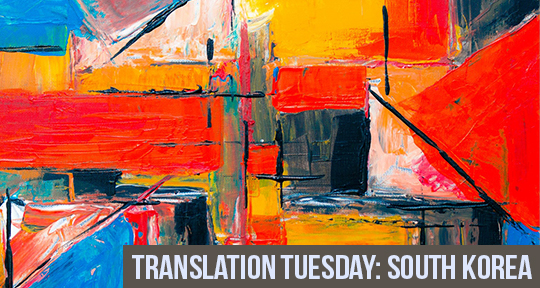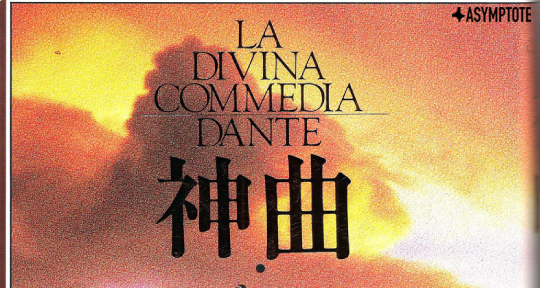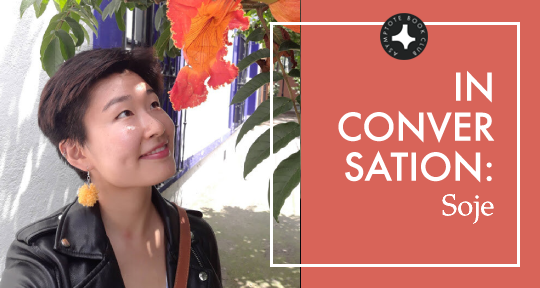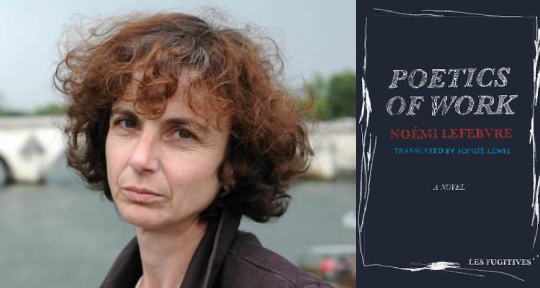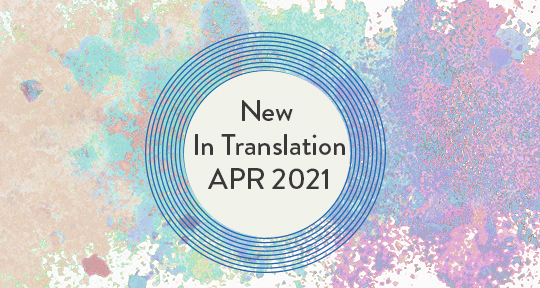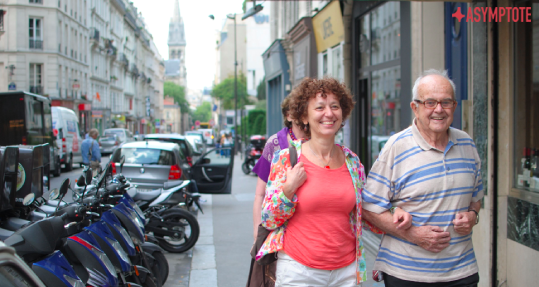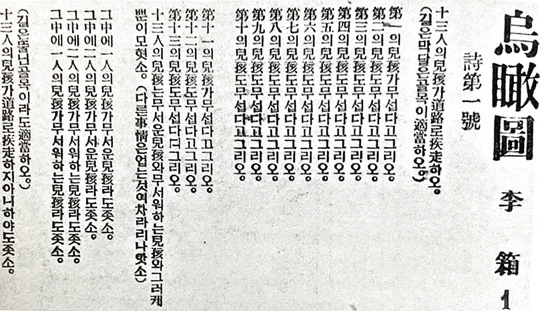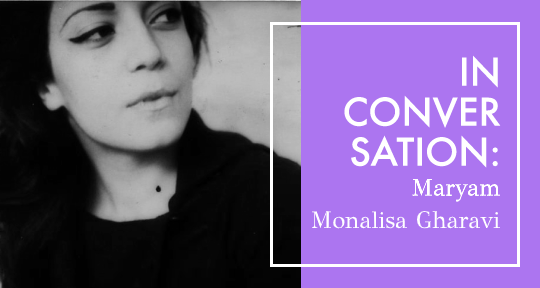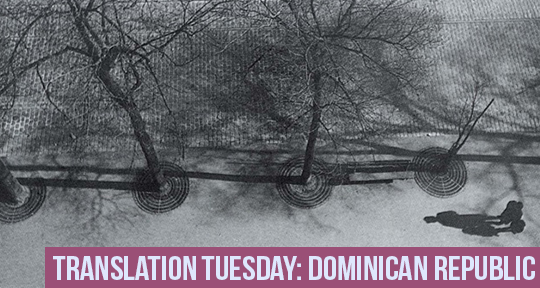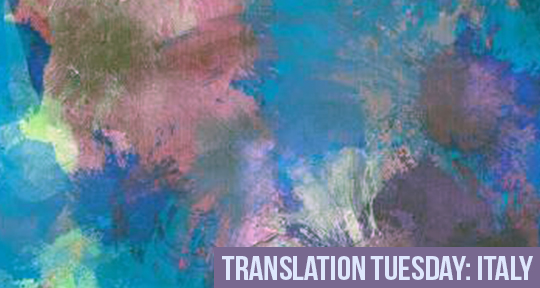With nine books of poetry to her name, Ra Heeduk—winner of the Midang Literary Award in 2014—has worked with the genre to interrogate the personal and the political since the 1980s. Yet, in one of her more recent poems, her persona confesses: “Here, poetry grows to resemble hieroglyphics // Dirt, not language, rustles in my mouth.” It is as if, after decades of prolific output, poetry becomes a stranger, turns suddenly into an enigma. As translator Emily Bettencourt explains below, these poems—drawn from Ra’s 2018 collection, Codename Poetry—are urgent reflections on the role of the writer in shaping culture and politics at a time when this very figure is met with suspicion. For this week’s Translation Tuesday, we are proud to present three poems that resonate with what Brecht famously said about art in dark times, that “Yes, there will be singing. / About the dark times.”
“Codename Poetry was published at the end of 2018, but to fully understand the context of the collection, it’s better to go back to April 16, 2014, when the Sewol Ferry sank off the western coast of Korea. What followed was a dark period during which many poets and writers felt they were incapable of creating meaningful work in the wake of such a disaster—what could they possibly write that would even begin to touch their cultural grief? In the following years, former president Park enacted a cultural blacklist where creatives who criticized her government were stripped of funding and publishers who touched their work were shut down. Even the poets who felt like they could create meaningful and critical work following the disaster feared being blacklisted. In March 2017, Park was impeached and the blacklist ended. In this context, Codename Poetry contains an incisive commentary on the Sewol Ferry disaster itself, even as it reflects on other tragedies and the universality of grief. In the author’s note to the collection, Ra writes that because her life has been ravaged by teeth and claws, the words inside her have grown claws as well; this collection is her attempt to set them free. To me, this collection is an urgent reflection on the role of poetry and art in politics and society, as well as on the bonds formed by shared suffering—a reflection that is just as necessary today as it was three years ago.”
— Emily Bettencourt
Codename Poetry1
They trapped him inside a file called “Poetry”
because they believed even lyric poems to be seditious
The file likely contained the following:
A handful of hair
A few pieces of fingernail
A hand towel with a frayed corner
A plaid jacket
An old leather bag and a few books
A spoon and a fork
A bundle of edited manuscripts
A pair of silver-rimmed glasses in a green case
A bottle of silence
A few leaves from the forest floor
His body odor left on bandages was bottled in glass
and everything that comprised him
likely went into the file called “Poetry”
Along with his poems, of course
They would have recorded even these things:
What bulbs he planted in his flowerbed
How many letters he received from abroad
What he talked about with a thrush in the forest
How he looked at the moth asleep on the hem of his shirt
How many buckets of water he drew per day
With whom he drank jasmine tea
Which books he borrowed from the library
What he talked about with his students in class
Why he stopped on the path as he walked home at sunset
What expression he wore as he crossed the border
What exactly was seditious about these days of love?
What they feared
was that he carried words that could open minds,
that he lived attending to the roots of the heart,
and that even as he labored as a locksmith
he never stopped writing poetry
Poems released from Codename “Poetry”
now glitter quietly in the sunlight
Out from between the sentences that endured his life,
someone is walking, barefoot, wearing no shadow READ MORE…

